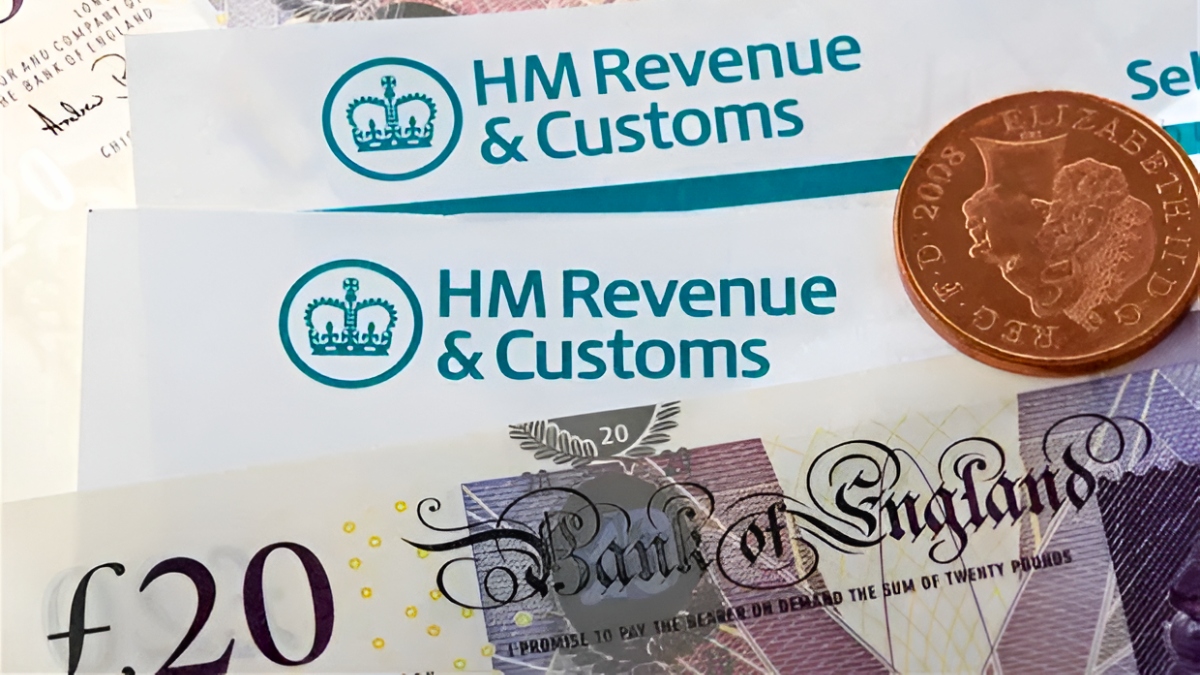The UK Government has officially confirmed a significant HMRC rule update, coming into effect on 26 October 2025. This marks one of the most important overhauls in recent years, directly impacting how individuals, businesses, and pensioners handle their taxes.
If you’re self-employed, running a small business, earning side income, or simply receiving a pension these changes are likely to affect you. Here’s a complete breakdown of what’s changing, why it’s happening, and how you can prepare ahead of time.
Why Is HMRC Updating the Rules?
In recent years, managing taxes in the UK has become increasingly complex not just for taxpayers, but for HMRC itself. The government says this new reform is part of a broader plan to:
- Make tax filing easier and more accurate
- Encourage the use of digital tools
- Crack down on tax evasion and fraud
- Improve transparency across the system
The goal is to create a more streamlined process, where everything is clearer, faster, and more secure for both sides.
What Will Change from 26 October 2025?
Here are the key rule updates taxpayers should be aware of:
1. Digital-Only Tax Submissions
All self-employed workers, landlords, and small business owners earning above £10,000 per year will now be required to keep digital records and file taxes using government-approved software.
This is part of the Making Tax Digital expansion and aims to reduce manual paperwork and reporting errors.
2. Real-Time Income Tracking
Those earning from multiple sources including wages, pensions, or rental income will have their earnings tracked and updated automatically via HMRC’s new digital system. This means fewer mistakes, less duplication, and faster processing.
3. Simplified Side-Income Rules
If you’re earning small amounts through freelance work, online sales, or side gigs, new thresholds and reporting rules will make the process simpler. Income below a certain level may not require full self-assessment filings.
4. Updated Penalties and Compliance Checks
New late-filing and inaccuracy penalties will be introduced. Fines will start from £200 for missed deadlines, with increased charges for repeated non-compliance. There will also be stricter checks on undeclared foreign income or offshore accounts.
Who Will Be Affected?
This rule update will apply to:
- Self-employed workers (e.g., freelancers, tradespeople)
- Landlords with rental properties
- Small and medium-sized businesses
- Pensioners receiving multiple income streams
- Anyone with side income or untaxed earnings
If you currently file a Self Assessment tax return, there’s a high chance the way you submit and manage your taxes will change after 26 October 2025.
What This Means for Pensioners
Pensioners receiving income from both the State Pension and private pensions will benefit from improved clarity in their tax reporting.
HMRC will now automatically collect and display pension income details through the new online dashboard. This means fewer tax surprises and more accurate calculations all without needing to dig through paperwork.
How to Prepare
While the changes don’t take effect until late October 2025, it’s a good idea to prepare in advance. Here’s how:
- Switch to digital: If you’re still using paper records, start moving your finances to a digital format.
- Update your details: Make sure HMRC has your correct address, email, and phone number.
- Choose MTD-compatible software: If you’re self-employed or run a small business, check that your current accounting tools are compliant with Making Tax Digital.
- Review your income sources: Keep clear records of all income, including side gigs, pensions, savings, or property rentals.
- Ask for help if needed: Speak to a tax adviser or accountant if you’re unsure how the changes apply to you.
What Experts Are Saying
Tax professionals and financial experts have largely welcomed the move, saying it brings the UK closer to a fully modern tax system. While there are concerns about the learning curve especially for older taxpayers or those less familiar with technology the long-term impact is expected to be positive.
The updates promise fewer errors, faster processing, and a more user-friendly system once everyone adjusts.
Final Thoughts
The 26 October 2025 HMRC rule update marks a major shift in how UK taxes are handled. Whether you’re a small business owner, a pensioner, or just someone with part-time income on the side, it’s worth understanding how these changes will affect you.
Frequently Asked Questions (FAQs)
1. When do the new HMRC rules officially start?
The new rules will come into effect on 26 October 2025. It’s recommended to prepare in advance to avoid any last-minute issues or penalties.
2. Do I need to use special software for filing my taxes now?
Yes, if you’re self-employed, a landlord, or a small business owner earning over £10,000 per year, you’ll need to use Making Tax Digital (MTD)-compatible software to submit your tax returns.
3. Will pensioners need to file their own taxes under the new system?
In most cases, pensioners won’t need to file anything manually. Pension income will be automatically tracked and shown in your HMRC digital account for review, making things easier and more transparent.
4. What happens if I don’t follow the new digital requirements?
Failing to comply may result in penalties. These start at £200 for late submissions, with additional charges for continued non-compliance or inaccurate information.
5. Can I still file my taxes on paper if I prefer?
In most cases, no especially if you’re required to follow the Making Tax Digital rules. However, there may be limited exemptions for those who are digitally excluded due to age, disability, or lack of internet access.



